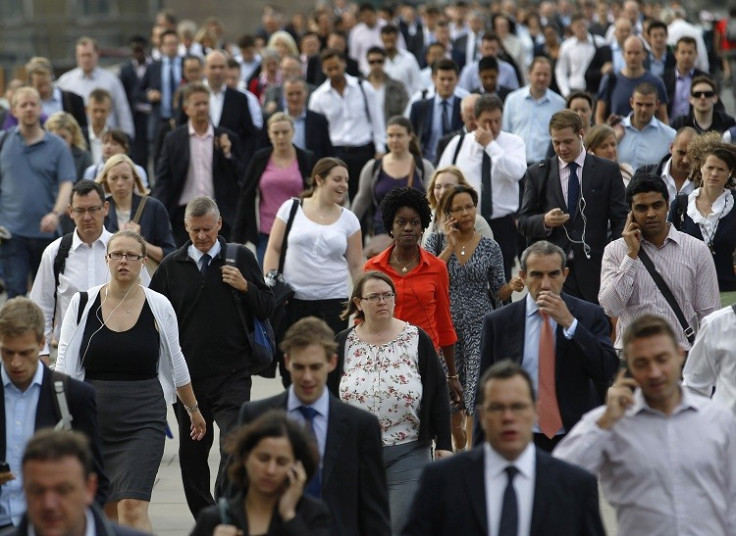UK Economic Recovery Strengthens Despite 'Major Causes for Concern'

The UK economy grew faster than thought in the second quarter of 2014, but a number of challenges to its recovery lie ahead.
According to the Office for National Statistics (ONS), UK GDP grew by 0.9% in the three months to June, up from its previous estimate of 0.8%. Over the year, GDP growth was 3.2%.
The economic recovery is spread across all sectors, though it is primarily led by household consumption and a revival in the housing market.
Business investment is also improving having continued its expansion into seven quarters, rising 1.3% or £900m (€1.2bn, $1.5bn) in the three months to June, in the longest sustained period of growth since 1998.
But a renewed slowdown in the eurozone – the UK's largest trading partner – and geopolitical crises in Ukraine and the Middle East loom large over the recovery, which is set to see GDP growth of over 3% for 2014 as a whole. This is the fastest rate in the Western world.
Eurozone economic growth was flat in the second quarter. Two of the currency bloc's largest member states are still struggling to recover from the sovereign debt crisis.
France is stagnating amid billions of euros of public sector spending cuts and a labour market strangled by bureaucracy. Italy has slipped back into recession as bank lending collapses.
The eurozone is in the grip of government austerity to close budget gaps and reforms to the financial sector that have choked off bank lending. Inflation is hovering just above zero.
This weakness is weighing down UK trade. The current account deficit – the negative difference between imports and exports – was £23.1bn in the second quarter, or 5.2% of GDP, up sharply from £20.5bn (4.7% of GDP) in the previous quarter.
"Politicians will seize on the latest data to argue that the UK economy is more healthy than previously thought, but there are some major causes for concern in the latest release – principally around the UK's trade position with the rest of the world," said Scott Corfe, head of macroeconomics at the Centre for Economics and Business Research (CEBR).
"We have been arguing for some time that the current account deficit – a measure of the UK's trade position – could start to significantly hold back economic growth prospects and lead to a sterling depreciation in the future.
"The latest data suggest that these concerns are justified, with the deficit failing to narrow."
The European economy is also likely to bear the brunt of an ongoing economic sanctions battle between Russia and the West over the former's military intervention in troubled Ukraine. Europe does a large amount of trade with Russia, from which it also sources most of its gas supply.
And markets are conscious of the unfolding crisis in northern Iraq, where militants from over the border with war-torn Syria, fighting under the Islamic State banner, have seized control of key cities and infrastructure.
There is concern about the stability of the whole region, a key oil supplier to the global economy, if the Islamic State gains further footholds. A coalition of Western forces, including the US, UK and France, have begun a bombing campaign against Islamic State targets.
© Copyright IBTimes 2025. All rights reserved.






















